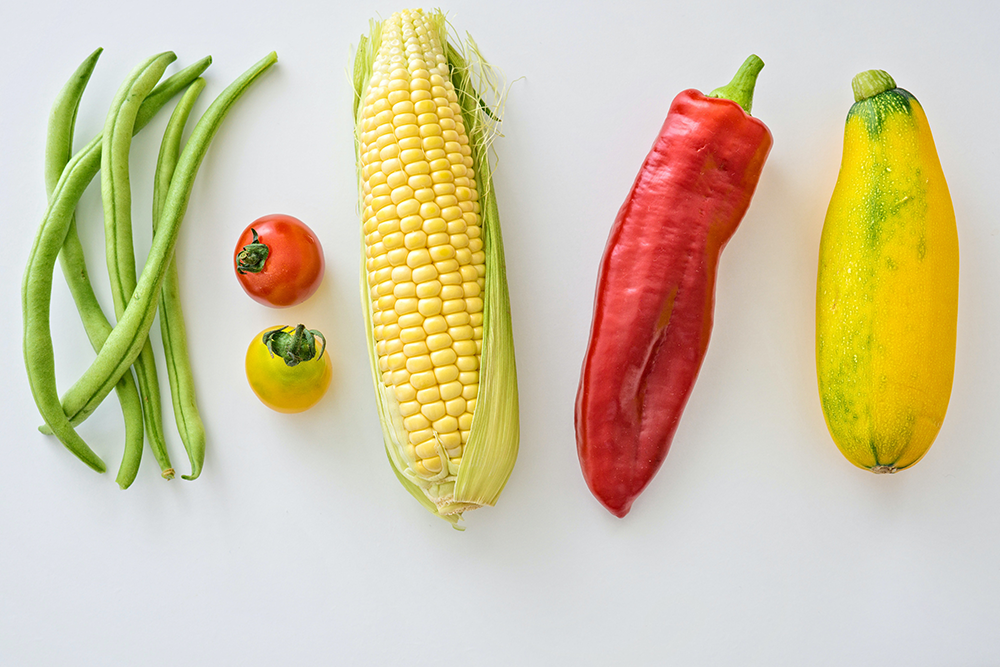Should you eat fruits and vegetables when they are off-season?
should you eat fruits and vegetables when they are off-season?
Every day we are presented with the opportunity to add more fruits and vegetables to our diets.
The reasons are myriad: they provide essential vitamins and minerals, fiber, and varieties of colors and textures in our diets.
People are urged to eat by the season, ensuring that the fruits and vegetables we consume are local to where we live and therefore fresh.
However, we do not have to forego easily accessed recipes with more exotic ingredients or even the odd craving for something out of season.
We have a food supply system that provides access to affordable canned and frozen foods year-round…but is the quality the same? Are frozen and canned fruits and veggies as nutritionally good as fresh? Just for reference, it is recommended that half of our plates be fruits and vegetables—so it would l make sense that half of your food bill would be for them.
According to Alice H. Lichtenstein, DSc, director of Tufts’ HNRCA Cardiovascular Nutrition Laboratory, "For the most part, frozen vegetables and fruits are processed close to the point of harvesting, and ... have the same level of nutrients as fresh."
Lichtenstein also states that because of this short time between harvesting and processing, some frozen vegetables may even be more nutritious than fresh:
"Fresh fruits and vegetables — more so than frozen or canned — can vary in quality, depending on when they were picked relative to when they are available to purchase and the conditions under which they were transported and stored, the length of storage time and the conditions under which they are displayed." (https://www.johnson.k-state.edu/health-food-safety/agents-articles/options-to-fresh-vegetables.html)
This means that nutrients in fresh fruits and veggies diminish during transportation time and if they are improperly handled or stored. Canned produce is still healthy, but nutrients might be lost due to processing, and the sodium content might be very high. Be sure to always check canned and frozen produce for added salt and sugar.
In its favor, though, canned produce has a long shelf life and can be used straight from the can.
In terms of taste and texture, it’s hard to argue—fresh tastes best when it’s in season (you know how bland tomatoes can be when they’re imported from South America during the off-season).
To add produce to your diet during the off-season, buy fresh if you intend to eat it raw, but if you are going to cook the produce anyway give frozen or canned a chance.

